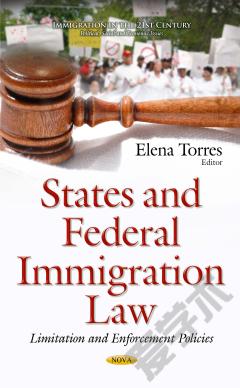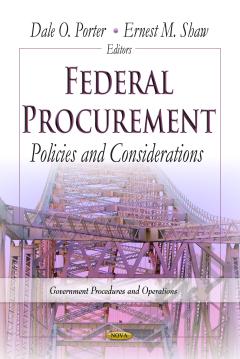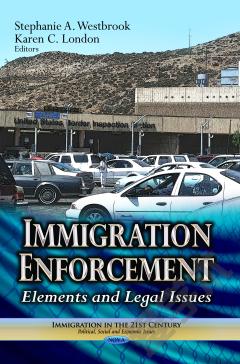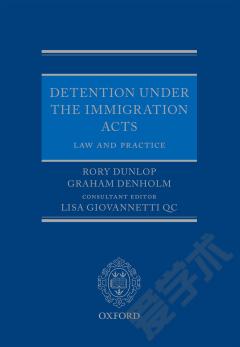States and Federal Immigration Law: Limitation and Enforcement Policies
While the power to prescribe rules as to which aliens may enter the United States and which aliens may be removed resides solely with the federal government, the impact of alien migration—whether lawful or unlawful—is arguably felt most directly in the communities where aliens settle. State and local responses to unlawfully present aliens within their jurisdictions have varied considerably, particularly as to the role that state and local police should play in enforcing federal immigration law. Some states, cities, and other municipalities have sought to play an active role in immigration enforcement efforts. However, others have been unwilling to assist the federal government in enforcing measures that distinguish between residents with legal immigration status and those who lack authorization under federal law to be present in the United States. In some circumstances, these jurisdictions have actively opposed federal immigration authorities’ efforts to identify and remove certain unlawfully present aliens within their jurisdictions. This book discusses legal issues related to state and local measures that limit law enforcement cooperation with federal immigration authorities. It provides a brief overview of the constitutional principles informing the relationship between federal immigration authorities and state and local jurisdictions, including the federal government’s power to preempt state and local activities under the Supremacy Clause, and the Tenth Amendment’s proscription against Congress directly “commandeering” the states to administer a federally enacted regulatory scheme. It also discusses various types of measures adopted or considered by states and localities to limit their participation in federal immigration enforcement efforts; discusses the authority of state and local law enforcement to assist in the enforcement of federal immigration law through the investigation and arrest of persons believed to have violated such laws; and describes federal statutes.
{{comment.content}}








 京公网安备 11010802027623号
京公网安备 11010802027623号